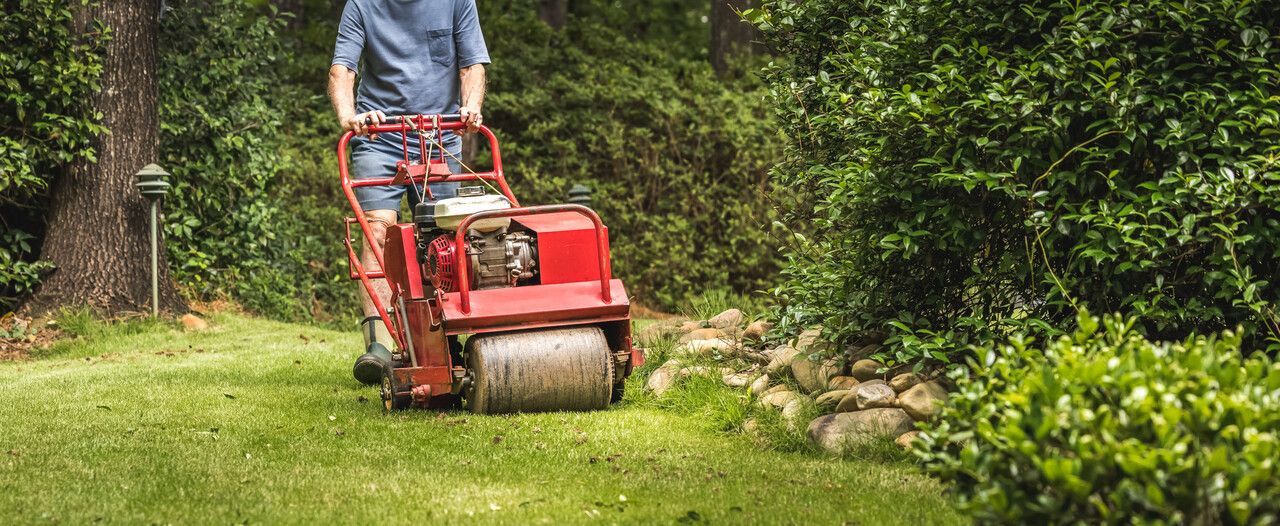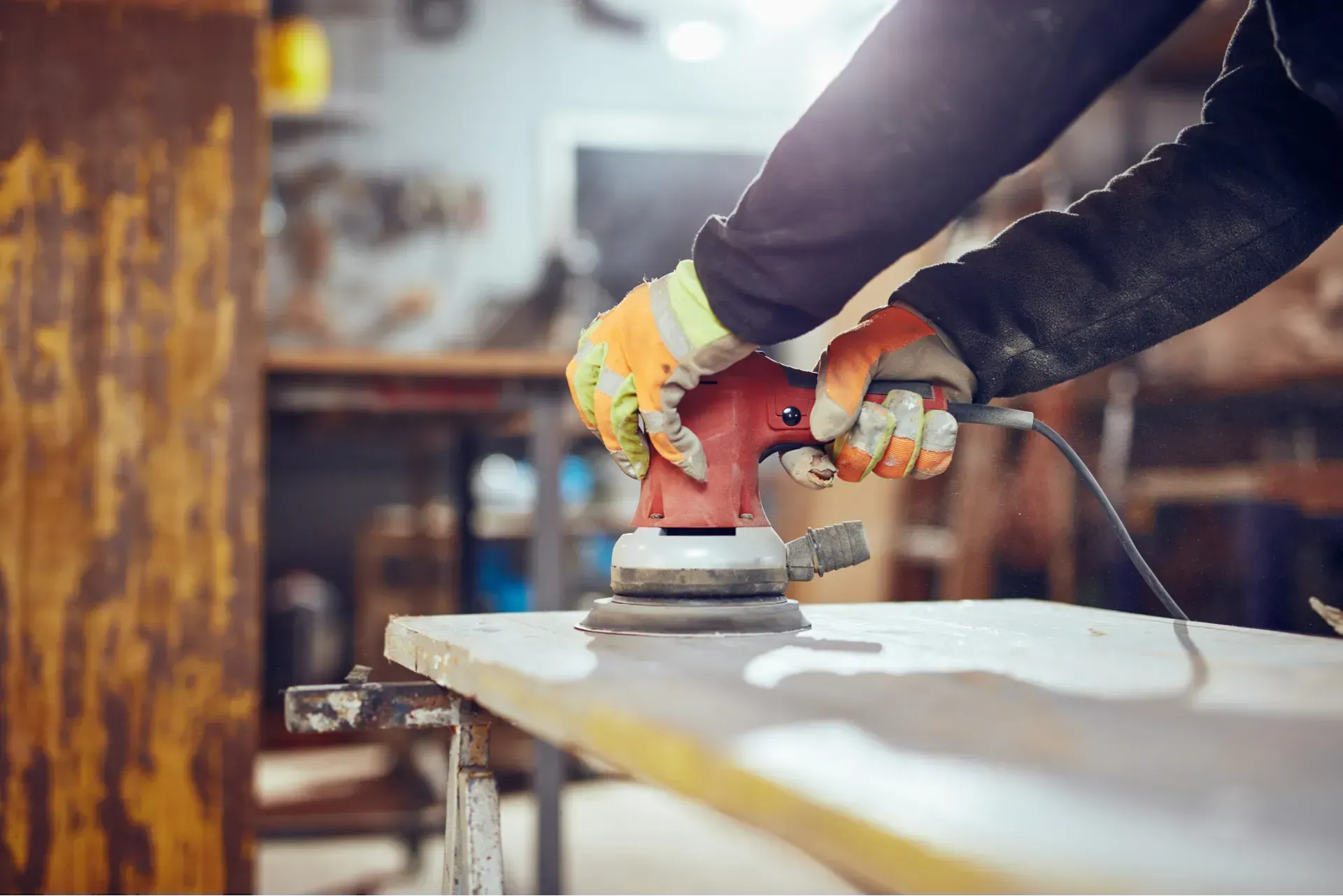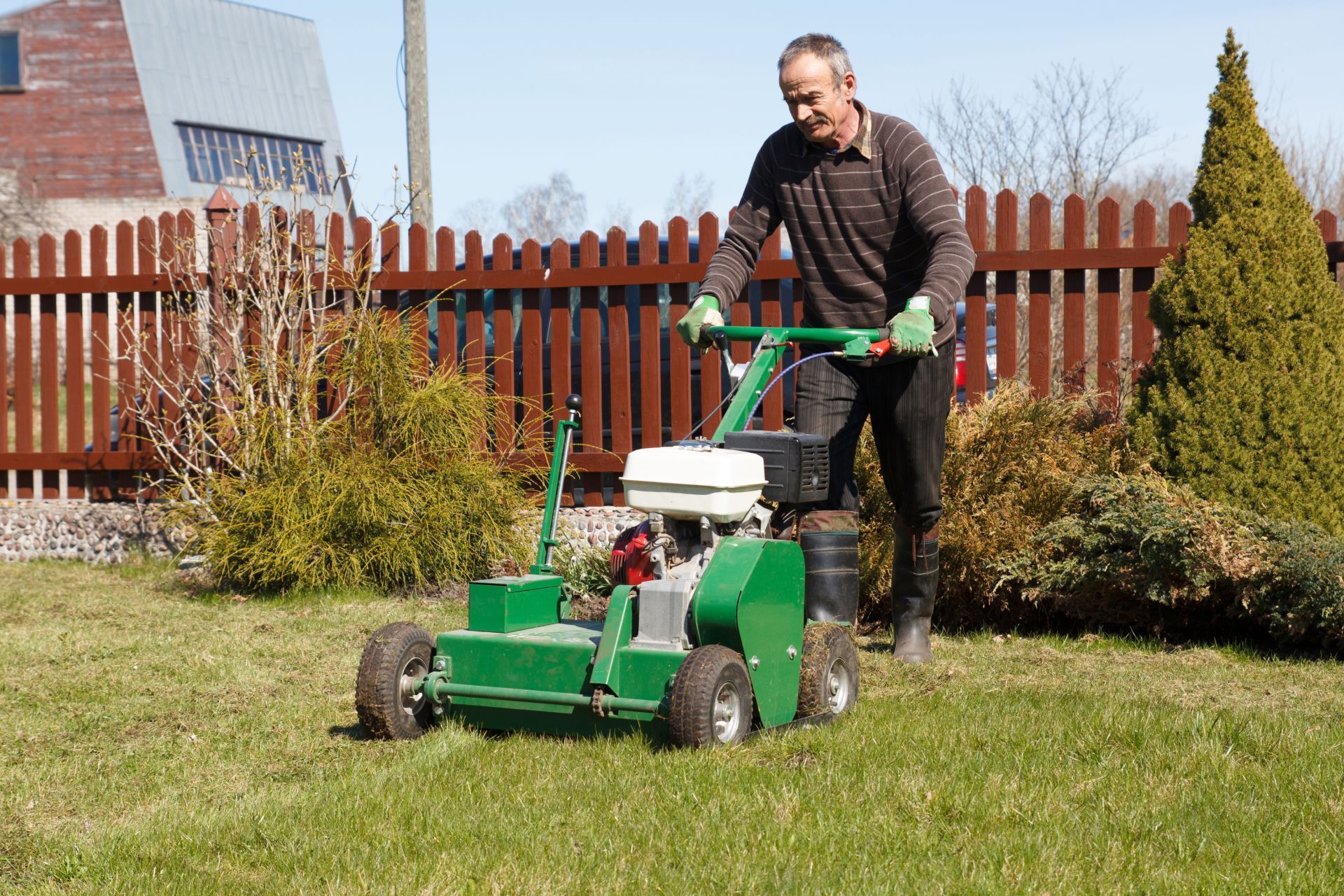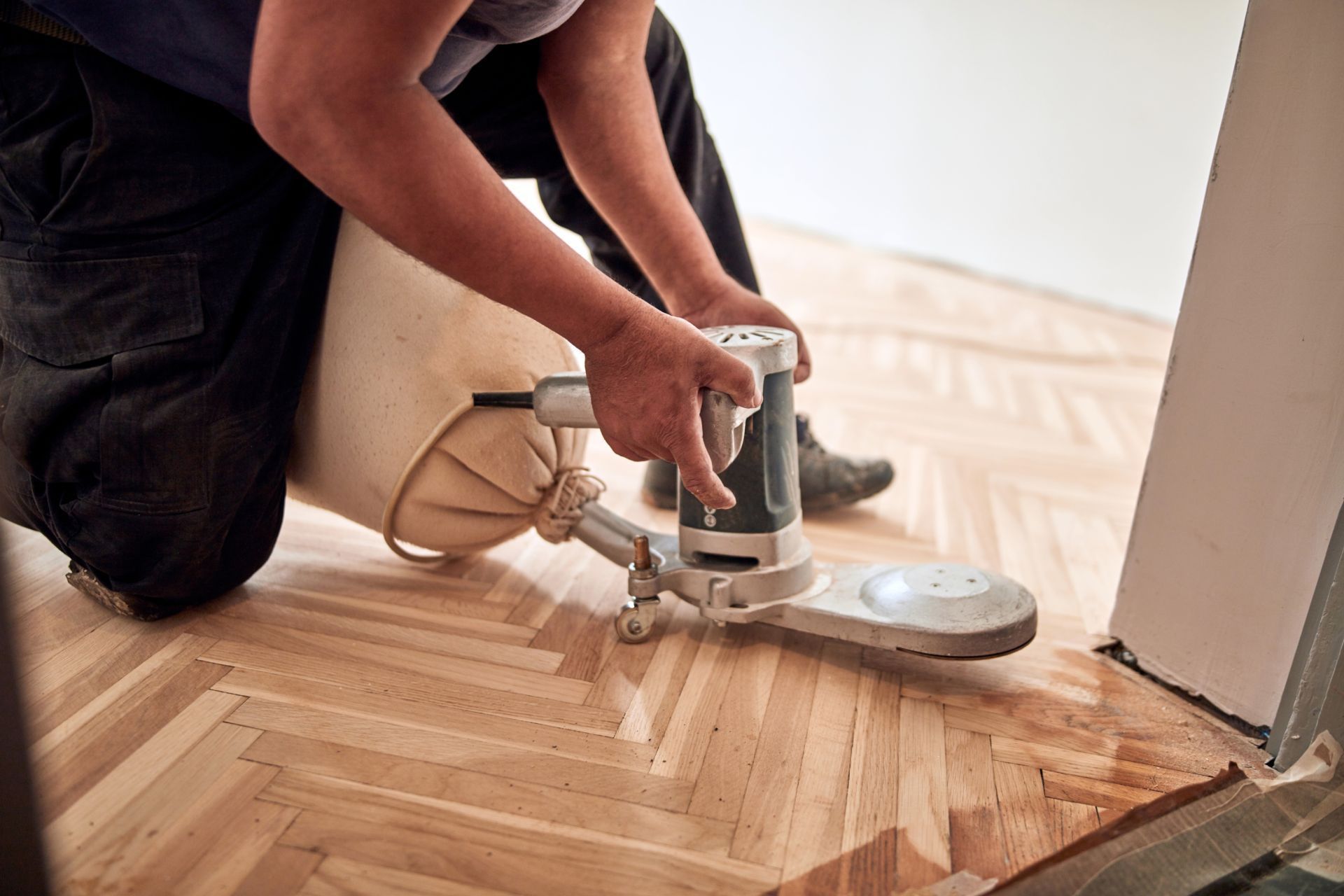A Quick Guide to What Is Allowed to Go into Construction Dumpsters
What is Allowed To Go Into Construction Dumpsters?
Construction dumpsters are an essential part of any construction project, providing a convenient and efficient way to dispose of waste and debris. However, it is important to know what can and cannot be disposed of in these dumpsters to avoid any potential legal or environmental issues. In this article, we will discuss what is allowed to go into construction dumpsters, as well as some tips for proper disposal practices.
Construction Debris
Construction dumpsters are primarily used for the disposal of construction debris, which includes materials such as:
- Concrete, bricks, and other masonry
- Wood and lumber
- Metal scraps and pipes
- Drywall and plaster
- Roofing materials, including shingles and tiles
- Flooring materials, such as tiles and carpeting
- Insulation materials, including fiberglass and foam
- Glass and windows
- Plumbing fixtures and pipes
- Electrical wiring and fixtures
It is important to note that some materials may require special handling or disposal, such as asbestos-containing materials, hazardous chemicals, and electronics. Before disposing of any materials, be sure to research local regulations and guidelines to ensure proper handling and disposal.
Household Waste
Construction dumpsters are not intended for the disposal of household waste, such as food scraps, clothing, or furniture. These items should be disposed of in a separate dumpster or taken to a local landfill or recycling center.
Landscaping Debris
While some construction dumpsters may allow for the disposal of landscaping debris, such as branches and leaves, it is important to check with the dumpster provider to ensure this is allowed. In some cases, separate dumpsters may be required for landscaping waste.
Tips for Proper Disposal Practices
Proper disposal practices are essential for ensuring the safety of workers and the environment. Some tips for proper disposal practices include:
- Separate materials by type to make recycling easier
- Avoid overloading the dumpster, as this can create safety hazards and make it difficult to remove materials
- Do not dispose of hazardous materials or chemicals in the dumpster
- Do not dispose of prohibited items, such as household waste or electronics
- Cover the dumpster when not in use to prevent unauthorized access and to keep materials contained
Things That Can't Go in Construction Dumpsters
- Asbestos-containing materials
- Batteries
- Fluorescent bulbs
- Medical waste
- Paint and paint thinners
- Propane tanks
- Radioactive materials
- Tires
- Used oil and automotive fluids
- Yard waste (depending on local regulations)
Why We Should Be Mindful about What We Put in Construction Dumpsters
Construction dumpsters are often used to dispose of various types of waste from construction sites, including debris, waste materials, and other items. While these dumpsters are designed to hold and transport large amounts of waste, it is important to be mindful about what we put in them. Here are a few reasons why:
1. Environmental Impact
Many of the items commonly disposed of in construction dumpsters can have a negative impact on the environment. For example, used oil and automotive fluids can contaminate soil and water sources if not disposed of properly. Yard waste can also contribute to environmental problems, as it can release harmful gasses when decomposing in a landfill.
2. Legal Compliance
There are often regulations in place regarding what can and cannot be disposed of in construction dumpsters. Failing to comply with these regulations can result in fines and other legal consequences.
3. Safety Concerns
Some items, such as tires, can pose safety risks if not disposed of properly. Tires, for example, can become breeding grounds for mosquitoes and other pests if they are not disposed of in a safe and responsible manner.
Overall, it is important to be careful about what we put in construction dumpsters to ensure that we are not causing harm to the environment, complying with legal regulations, and promoting safety on construction sites.
Conclusion
Construction dumpsters are essential for any construction project, as they provide a convenient way to dispose of waste materials. However, it is important to know what is allowed to go into these dumpsters, as certain materials can pose a danger to workers and the environment. Additionally, it is important to properly separate and dispose of recyclable materials to reduce waste and promote sustainability. By following these guidelines, construction companies can ensure that their waste disposal practices are safe, efficient, and environmentally responsible.
If you are looking for a
commercial dumpster rental, contact Atha Rental. We are a family-owned equipment rental business in Monroe, GA.










